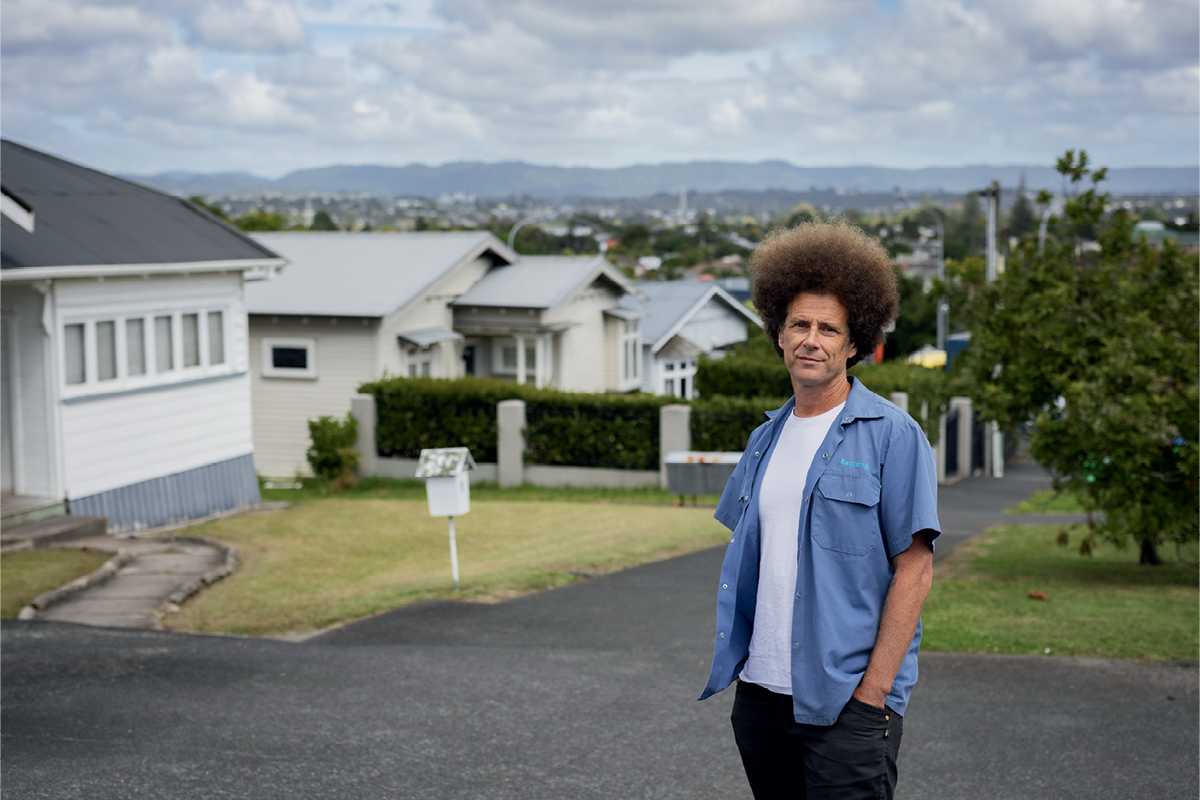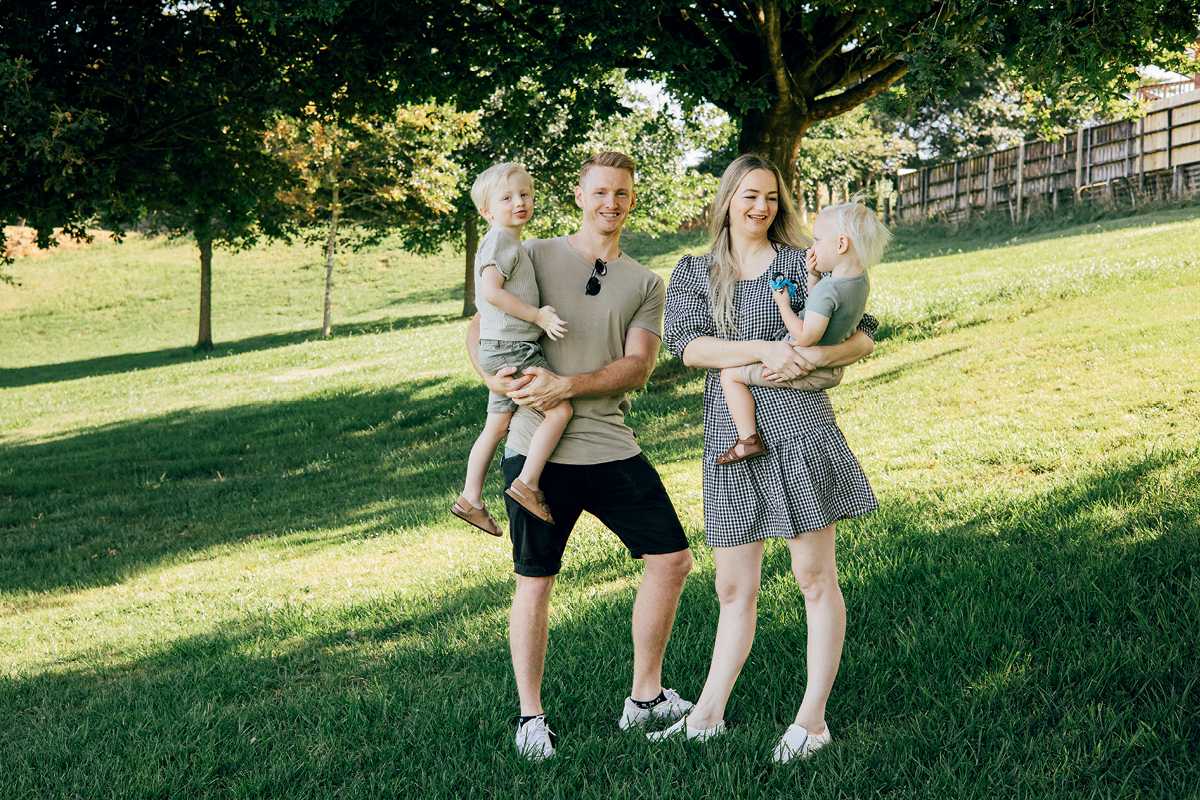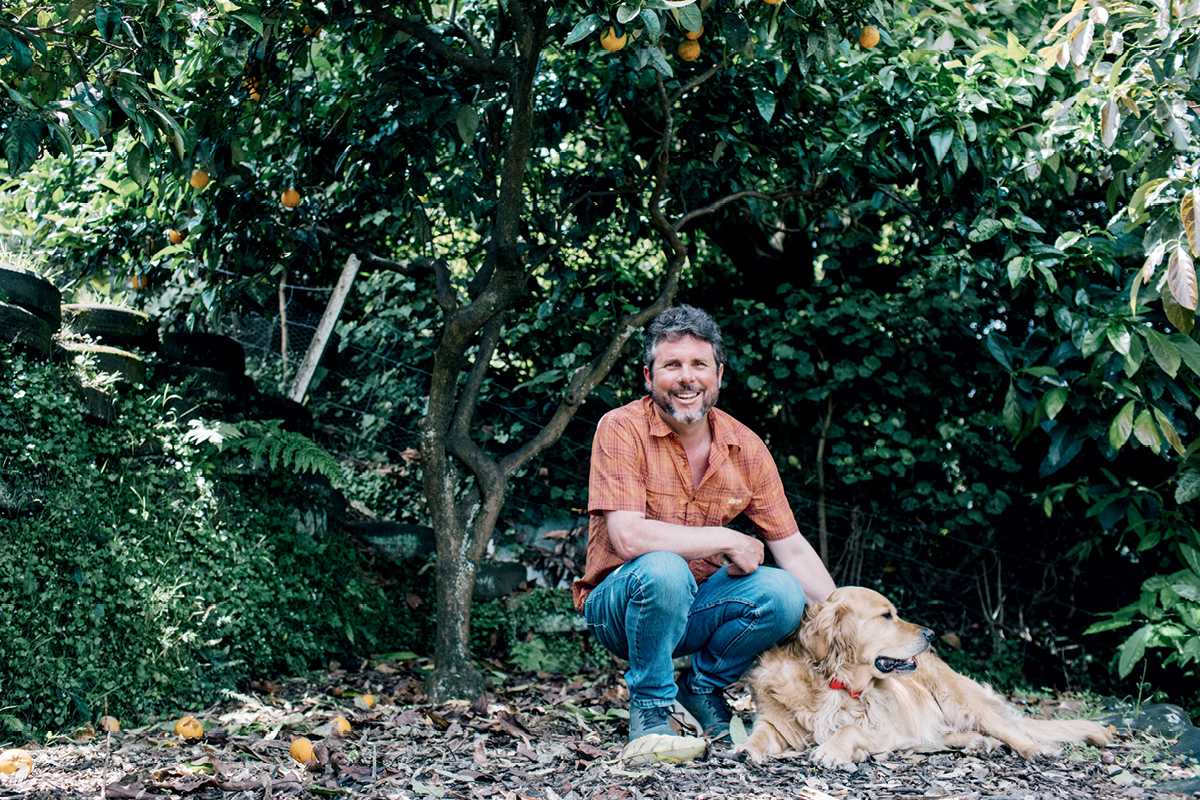
Playing The Property Game
Debbie and Craig Trent are sharing their knowledge of property investment through the development of a game called Hackt!cs, as Joanna Mathers discovers.
1 December 2022
Starting early can set investors up for a lifetime of success. This was certainly the case for Debbie Trent and her husband Craig. Although they had no experience with property as children (their “financially conservative” family were not investors) the Trents always had the sense that property was the best way to grow wealth.
So successful has their property journey been that Debbie was able to “retire at 28”. And she’s recently developed a new board game (Hackt!cs) that she hopes will help young people achieve their dreams.
1990’S BEGINNING
The Trents bought their first house in the late 1990s; they were newly married and in their early 20s. According to Debbie, it was “the cheapest three-bedroom in Lynfield” and it needed a reno. The couple rented this out not long after, before embarking on their “big OE” to London in 1999. Debbie was 23 and Craig was 26.
Craig (who works in IT) found a job at Enron in London, while Debbie worked for a start-up. We all know what happened to Enron, but fortuitously, Craig managed to escape “without losing any money”. They returned to New Zealand and took six months out to consider what they wanted out of life.
They loved the beach and Debbie wanted to be a stay-at-home mum; after careful consideration, property investment seemed like the best option. So, to this end, the couple purchased a Papamoa beach house, and put in long-term tenants. They also purchased a property (for cashflow, not their usual strategy) in Avondale before moving to Melbourne in 2002 to work.
PULL OF THE BEACH
There were four Trents when the family returned four years later, in 2006. The couple had two children in Melbourne, and upon their return bought a family home in Glenfield, for $505,000. But that lure of the beach was too strong, so in 2009 they bought a property in Castor Bay in the East Coast Bays of Auckland for $820,000.
By 2013 they had purchased 10 properties. It was a good time to buy; post-GFC, there were plenty of bargains, and the savvy couple made the most of their opportunities.
The four-bedroom, two-bathroom property on Papamoa Beach Road that they bought for $485,000 in 2013 is a great case study. It’s now worth $1.3 million. The couple did their homework around the plans for the area; the council had infrastructure mapped out and projected significant population growth. This indicated that the properties in the area would rise in value considerably.
Debbie says that she is always surprised when people voice their shock about the capital growth of property in the past decade. She says councils always have infrastructure plans in place, and this gives people a useful “heads up” when it comes to purchasing property.
“These things are planned for,” she says. “And these sort of plans give people a good clue around what is going to be happening in the area.”
SELF-MANAGERS
The Trents have always invested in buy and hold properties for capital growth. Cashflow wasn’t really a consideration (apart from the occasional property, like the
Avondale investment) and they were canny enough to buy in a significant downturn, post-GFC.
They have sold a number of their properties to cash in on that growth, including the Glenfield property, which they sold for $1,030,000 in 2015. They now have four remaining: two on Auckland’s North Shore, the Papamoa Beach Road property they bought in 2013, and another Papamoa property bought in 2004, which has had the same tenant since 2007.
“They have the most amazing garden, lots of bromeliads,” says Trent. “They even take people on tours around it.”
The properties are all self-managed and they all have long-term tenants (a testament to their skill as landlords).
They also have their own home and a beach property at Cooks Beach.
‘It’s interesting as people often don’t realise who has won. It usually isn’t who people think it will be’ DEBBIE TRENT
HACKT!CS
Property has enabled Debbie to have the freedom to create her own new venture, the board game called Hackt!cs. It’s been released for the Christmas market, and is (in her words) “a fun game about life, community, happiness, and making mountains of money”.
She explains that she and Craig had often been called on by friends for advice about money. “We really have a passion for helping people,” she says. And watching her kids and their mates play board games gave her an insight into young people’s hunger for knowledge.
“I saw that they were really wanting to learn about how the world works, but there were no board games that helped them with important lessons around life and money.”
And so the idea was born.
Trent says the board game started with a “blank piece of paper”. Working alongside a design company for an effective and attractive game, the development took nearly half a decade.
“It took four years to make it simple,” she laughs. “Our friends would come and play it on a regular basis and give feedback. They were very patient.”
Aimed at the 13-25 age group (“the sweet spot is for 18 to 22-year-olds, heading out into the world on their own for the first time”), there was a huge amount of fine-tuning throughout the creation.
Hackt!cs is based on a small town, which has opportunities for players to buy and sell property and businesses, work in a chosen career, and get ahead in life. It’s 12 rounds long and uses a points system; when the scores are tallied up at the end of the day, it’s often a surprise.
“It’s interesting as people often don’t realise who has won. It usually isn’t who people think it will be.”
The Trents are fortunate their own financial skills have allowed them to amass wealth; they self-funded the game without getting into debt. Four years of development could have been costly, but their property portfolio has provided the financial backing needed to get the job done without sacrificing family life or
having to service a huge loan.
It’s a good looking game that stands up to others at the $99 price point, and the Trents are hoping that the response will be positive. Feedback from players so far is excellent, with the young people who have played it claiming it has helped change their mindset around money.
“It’s a really practical game and offers many life lessons,” says Trent. “We hope people will be encouraged to buy it for their children or grandchildren, it really helps people understand how money works.”
CHALLENGING CLIMATE
Debbie says that while property has given her family the freedom to live life the way they want, she acknowledges the current climate is challenging. “All the legislative and tax changes and inflation has made things difficult,” she says.
They recently tried to sell the family home for $2.5 million and “rent a property for $4 million, effectively for free, from our rental returns”. But they weren’t able to get the money they needed, so that idea is on the back burner.
Debbie says that their strategy (and success) has always been about timing.
“Typically, the Auckland market goes up for five years, then flat for five years. So, we have always tried to purchase just before the market goes up and sell 15 years later for a good capital gain.”


